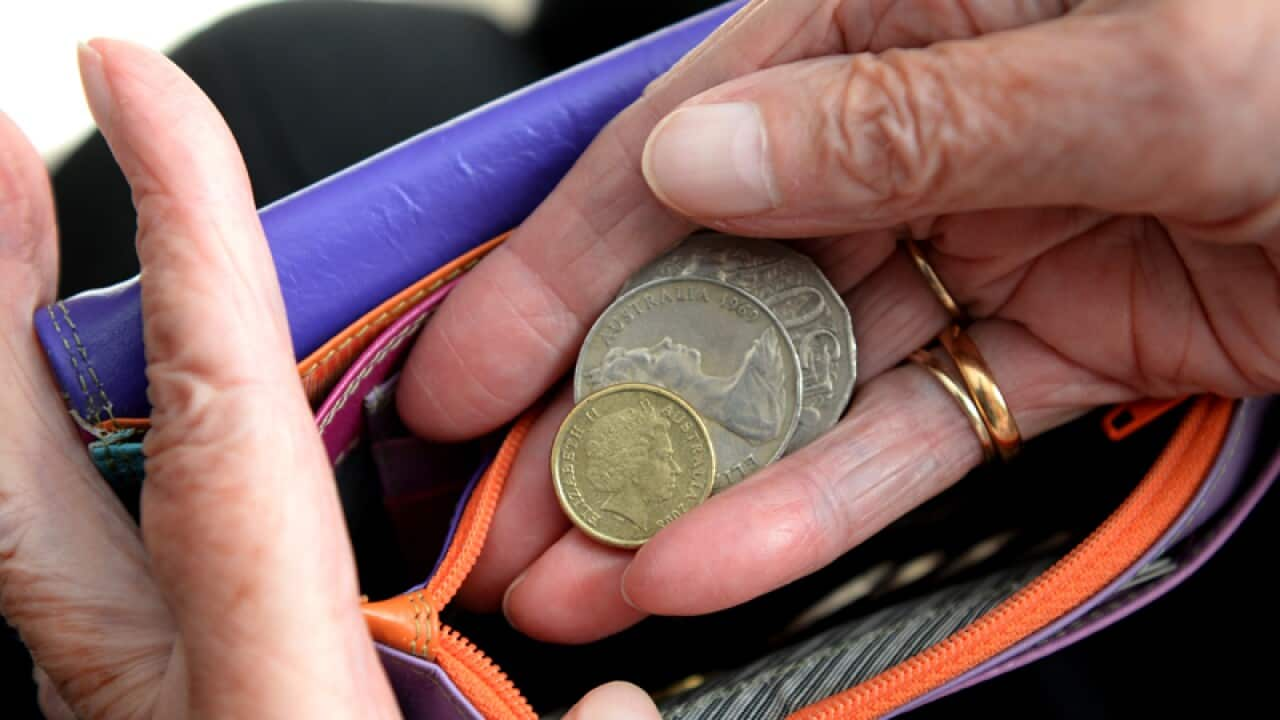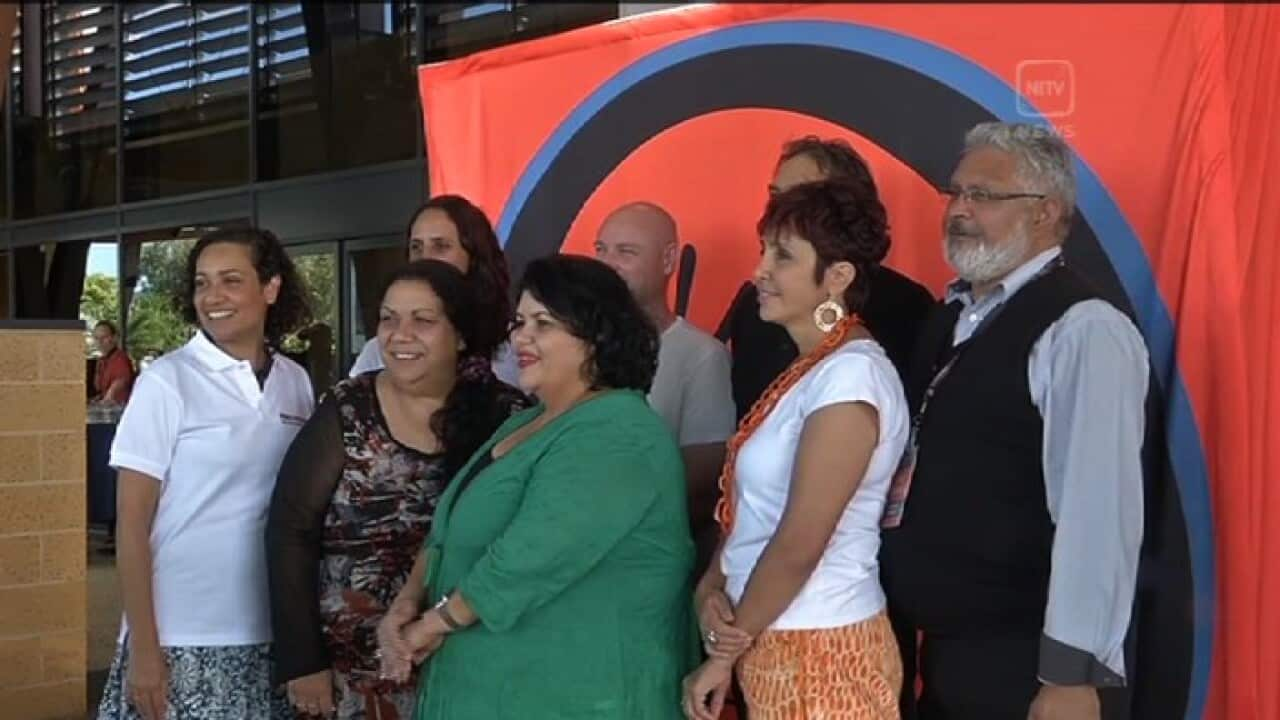The Federal Government's cashless welfare card, which is currently being trialled in Ceduna and Kununurra, is costing taxpayers almost 19 million dollars, for fewer than two thousand people.
Details released under a Freedom of Information request, say the pilot program is costing a total of $18.9 million dollars, excluding GST, for just one thousand, 850 participants.
The Coalition is looking to expand income management to more communities, with one MP pushing for ten new trial sites, expected to be announced in next week's budget.
The cashless debit cards quarantine eighty per cent of welfare and cannot be used for alcohol, gambling or to withdraw cash.
The National Congress of Australia’s First Peoples CEO, Gary Oliver, who has worked extensively at government and grassroots levels in Aboriginal health, legal and community services, shared his thoughts with NITV News on the cashless welfare card so far, and what to expect with a new federal budget looming.
NITV: It’s been announced that there is going to be another Healthy Welfare card roll out to another 10 towns. What do you think this means for those Indigenous communities affected?
GO: I’m sceptical of the long term benefits of the healthy welfare card’s use. But I also think that the measurement tools are not correct and the government needs to revisit these measurement tools and to consider the people in the communities more.
NITV: The rollout is supposedly going to come at a huge expense to the government; we’ve heard figures of $10,000 per head. Is this worth it?
GO: Well, it would be if it makes the lives of Aboriginal and Torres Strait Islanders better. From the way the government sees things, everything is looking good with the use of the healthy welfare card, but from the point of view of community, things aren’t good.
Even the Greens senators in the Senate have expressed this view. So it’s clear that there are two sides to this, but the government’s view appears to be too narrow.
The other question is, where is the money being attributed? If it is as you say, $10,000 per head, that’s a lot of money. Where is it going to? The person, or to bureaucracy? I would bet it’s to those in charge.
NITV: The federal budget will be announced next week, and in the lead up to it we’ve seen money given to legal services again. Where else should money for Indigenous peoples be spent?
GO: We’ve put up the Redfern Statement so that we can provide a roadmap to the government on where money should be spent for Indigenous peoples across the nation. We called for more funding of Aboriginal legal services, so it’s good to see that they’ve been refunded.
Vast areas of funding that were promised under the Indigenous Advancement Strategy were taken away, so we want to see these become reinstated. But of course, we need to see more money being spent on things such as health, education, family violence prevention, suicide prevention, etc. But we shouldn’t have these just considered as silos. We need to think in a holistic manner.
NITV: What is National Congress hoping to get out of the federal budget?
GO: We’ve asked for the return of funds to Indigenous communities that were taken away under the Indigenous Advancement Strategy. We also are asking for the National Congress to be fully funded.
Recently, a motion was put forward to the Senate to fully fund the National Congress. This was warmly agreed upon, but it hasn’t been followed up since, so nothing has happened there. The Senate believed that there needed to be a national representative voice for Indigenous people and we believe that that is the National Congress. The numbers of our members shows this.
RELATED ARTICLES

National Congress considers fundraising and donations to survive
NITV: NITV recently conducted an interview with the UN Rapporteur on Human Rights and she advised that a national representative body should be funded. Has National Congress heard from the Indigenous Affairs Minister as to whether it is likely to receive any funding in the budget?
GO: We’ve been negotiating with Nigel Scullion on a fee for surface and we’ve received some money for this, but this isn’t any funding money for day to day activities, etc. The United Nations Rapporteur is right in funding a body for Aboriginal voices to be heard. We need to see Congress go back to being fully funded.
NITV: If National Congress does not get any funding, what will it do to survive? Are there any ways around this?
GO: There are ways around this. The Redfern Statement shows ways to fund things, but for the Congress to survive, we would also need to look at philanthropy from some of the corporations and many businesses that partner with us.
NITV: How is the working relationship between Congress and the new Advisory Council to the PM?
GO: It’s definitely going well. We’ve got a good working relationship with the Advisory Council. It’s worth noting that the Advisory Council is handpicked, whereas Congress leadership is elected, but this means that we are able to work in different ways. But certainly we have a good working relationship, but we are looking to strengthen it as much as we can.














